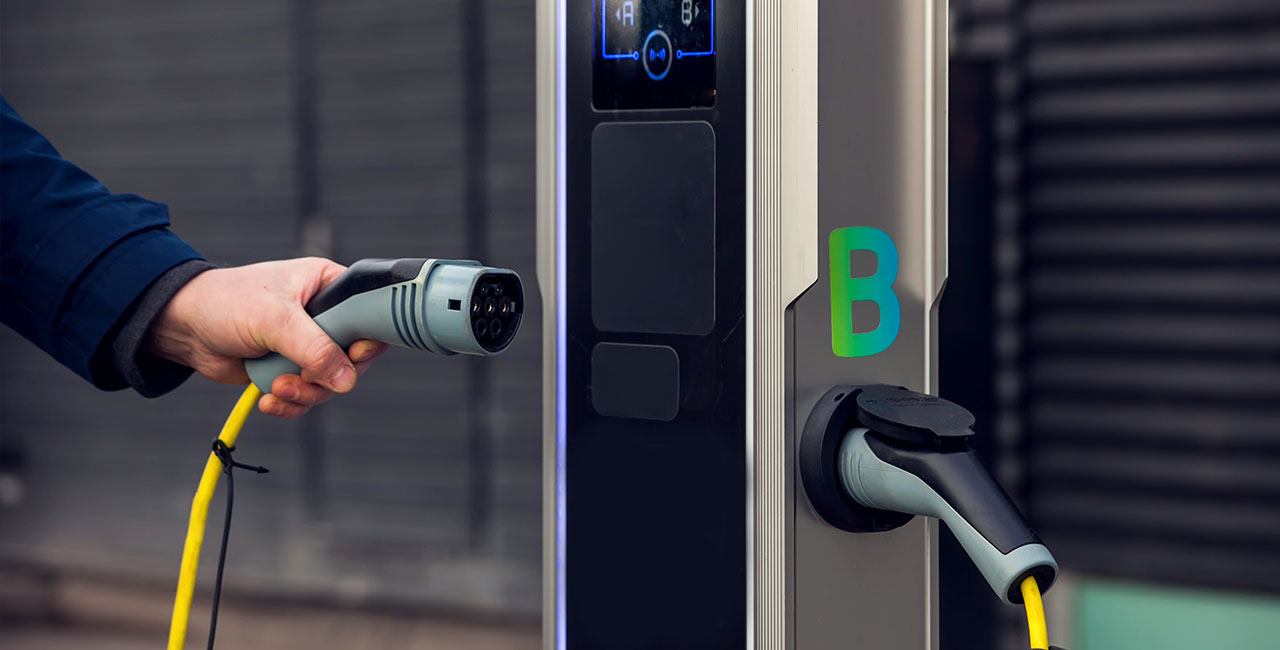
We are working together with Volvo Trucks with the aim of starting to operate electric HGVs with tankers. In doing so, we are demonstrating our commitment to reducing CO2 emissions and carbon footprint.
Electric vehicles are becoming increasingly common in Spain and have greater autonomy. The latest technological advances have made their performance and operation comparable to that of a conventional vehicle.
In the field of trucks, however, there is still more progress to be made. Small-tonnage electric trucks are gaining weight in deliveries between cities and access to urban centers with controlled emissions. On the other hand, large-tonnage electric trucks are limited because their high weight and dimensions have a negative impact on range and performance. Although there are tests of these trucks that are already circulating at European level, they have not yet been implemented in Spain.
Faced with this situation, we set ourselves the challenge of taking a risk and betting on heavy-duty electric trucks, and we have already spent several months conducting studies and analyses together with Volvo Trucks.
Volvo Trucks is Volvo's brand specialized in truck manufacturing worldwide. They have a complete expertise in electromobility and have successfully developed a multitude of electric trucks. Their electric trucks aim to reduce CO2 emissions while maintaining load safety, operational autonomy and guaranteed deliveries.
They offer solutions adapted to the operation of each business and have a range of 5 different electric truck models to cover each type of work:
In addition, their DC chargers allow 80% of the vehicle's battery to be charged in just 90 minutes.
Volvo Trucks is currently conducting an orography study of the terrain on which our electric heavy-duty trucks will be working. In a project of this size, every aspect must be studied in detail to ensure an optimal result in practice.
The electric trucks they are developing are 40 tons and must be self-sufficient for 14 hours at full capacity. That is the time it takes from departure to return to base. They are going to be used for inter-city routes nationwide.
In December 2022, we will conduct the first test with a heavy-duty electric truck. From this date, we will progressively increase the presence of these vehicles. The aim is for them to represent an increasingly important percentage of our total fleet.
The implementation of electric HGVs goes hand in hand with our current objectives, such as digitalization and the expansion of services, with the storage of food liquids.



This has been the work of Sr. Concejo

